Cape Town, South Africa - Langa Township, Robben Island
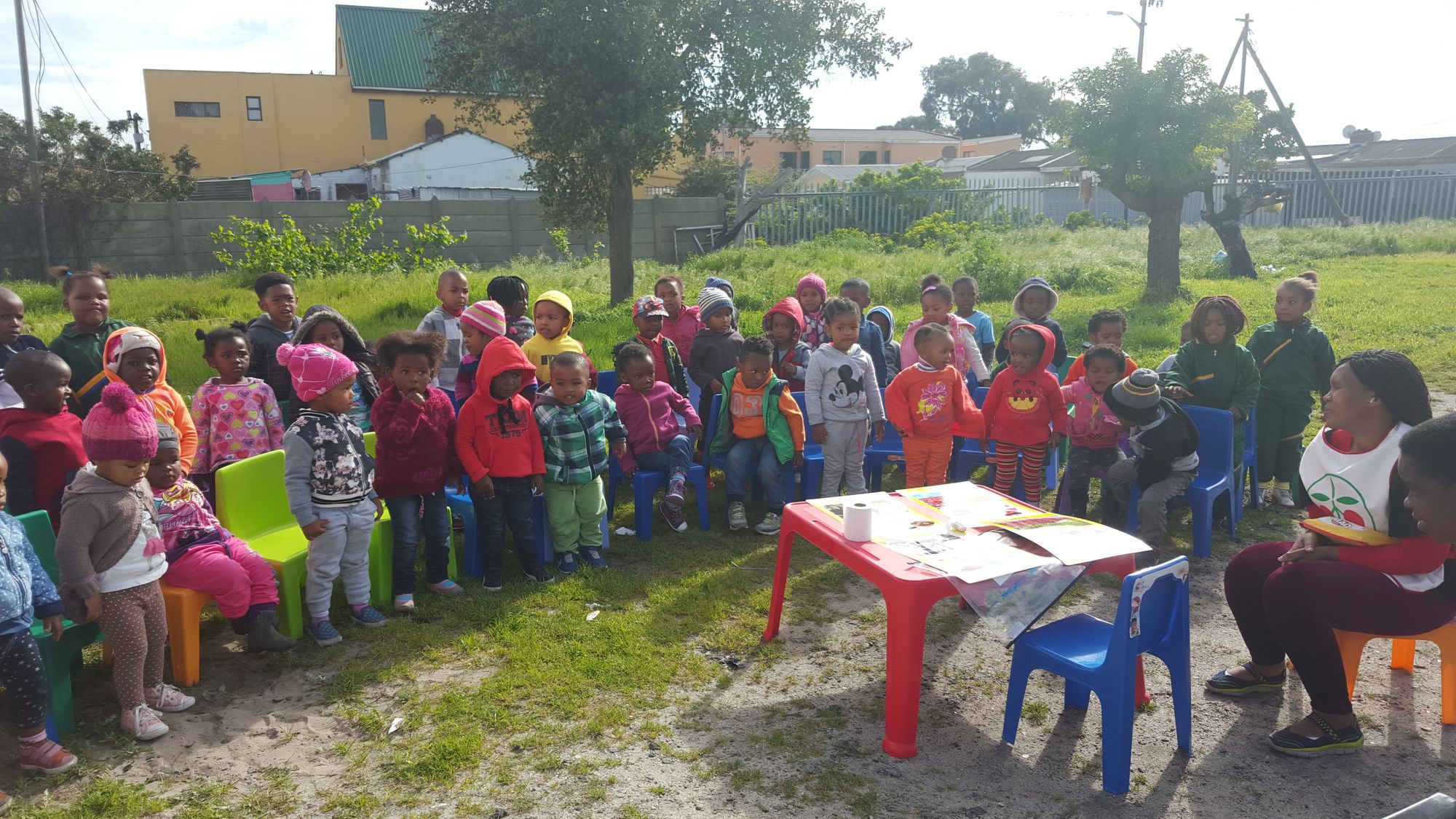
Today we've booked in for the township tour we missed on our arrival. Townships, aka "informal housing settlements", aka "slums" are where the bulk of the city's population live. This is set to be a true eye-opener for us.
We are picked up by Conner in his van. We are his only guests today. He takes us to District 6 in the city. The site is still being redeveloped by the government today after being bulldozed decades ago, forcing the black community to find other accommodation. Those that were uprooted and their families now have access to newly built houses here if they can prove that they used to live there. Difficult for many since all of their possessions were demolished with the houses years ago.
We are taken to the oldest and smallest of the township communities in Cape Town, Langa. Here we are taken for a walking tour by a resident, Nelson. He is 30 with 2 kids and was born and bred in Langa. He works as a police officer, but only every second week. We feel fairly safe in his presence. It would not be safe for us to be here on our own.
Out first stop is the kindergarten. We are just in time for a roll-call and the singing of the national anthem (sung in 4 languages!). We meet Lee-Anne who runs the show. She set this private kindergarten up last year and already has over 40 students from the ages of 3 to 6. Her kindergarten is well regarded due to the teaching of English and having tests the children must pass before moving on to school. Tuition fees are 150 Rand ($15 AUD) per month, which is quite high considering the low (if any) wages of the locals.
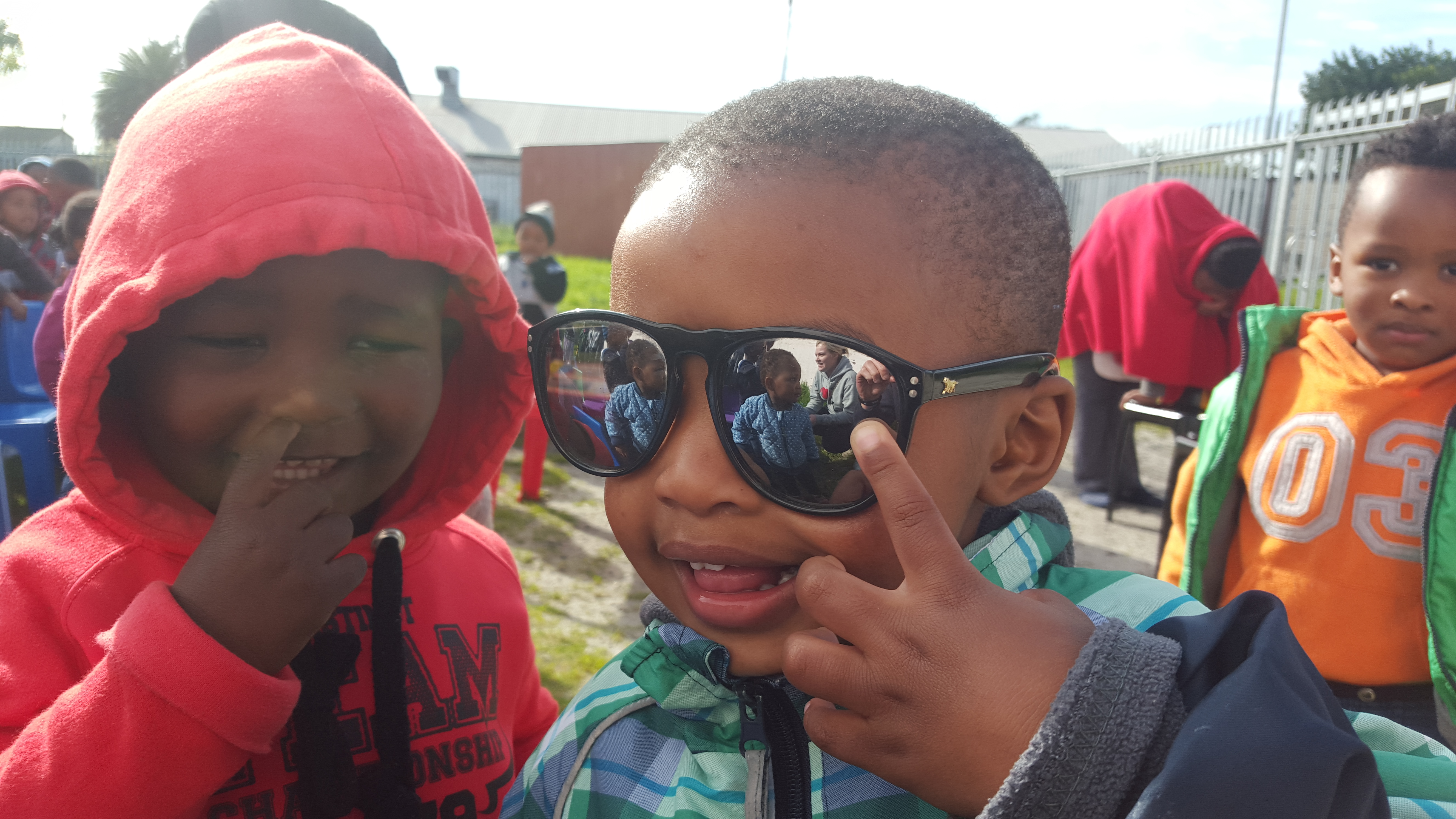
The kids are a little distracted by us but continue singing other songs. One is about learning the importance of their body being their own and no one being allowed to touch it if they don't want. This is followed by a stirring rendition of Old MacDonald had a farm. We find it hard to drag ourselves away since the kids are treating us like rockstars. We leave a donation and walk on.
Nelson takes us to his hostel consisting of 6 bedroom (each with 3 beds), 1 common area (doubling as a bedroom at night), 1 kitchen and 1 bathroom that he didn't want to show us. A bed here costs about $2 a month.
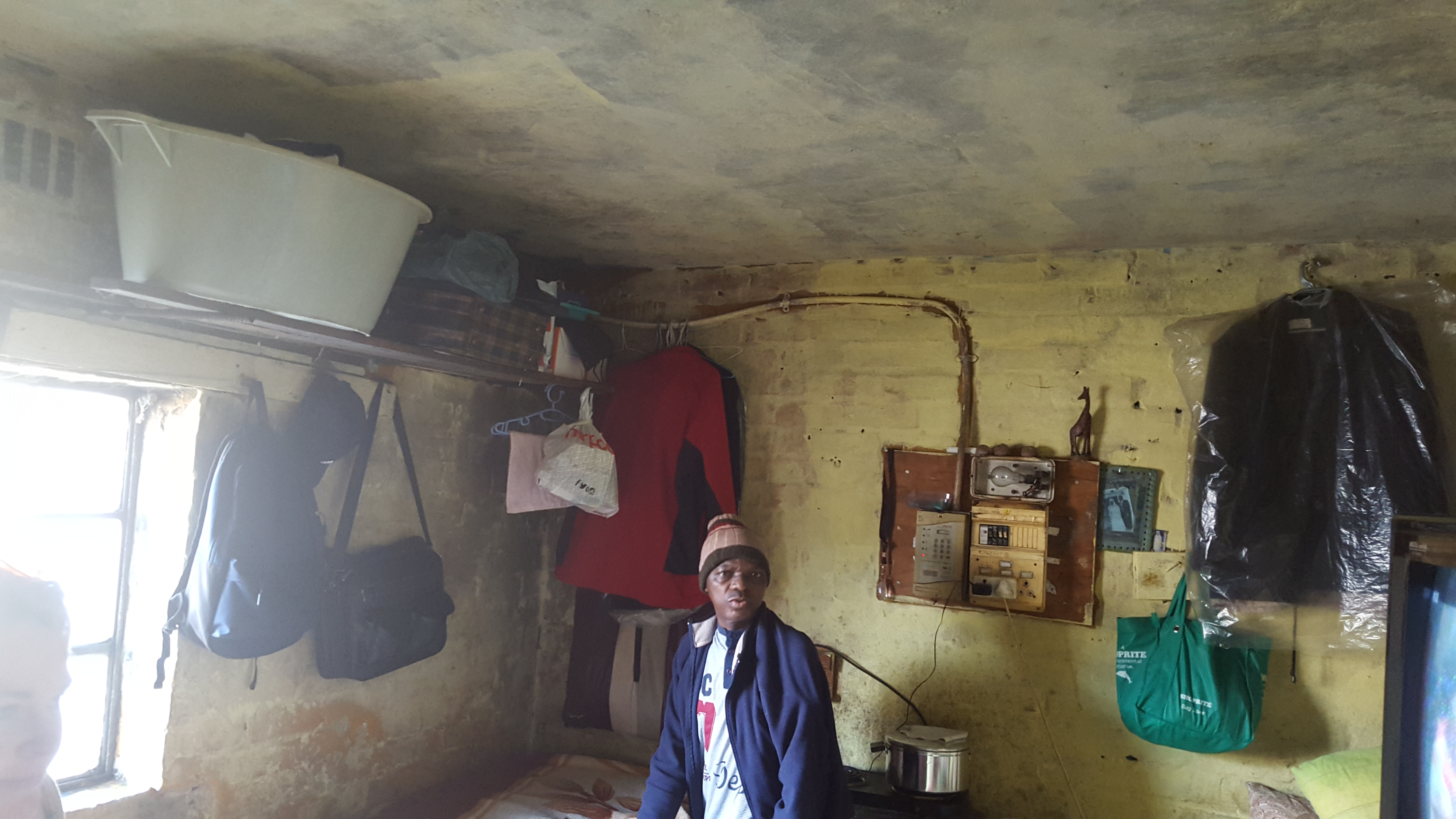
Tight, cramped arrangements such as these are the main reason informal construction happens - for families to gain more privacy. They built shacks so they can live there instead of with 5 other families. These shacks are very close to each other, however, and insulated with newspaper and have no electricity or gas or running water. This leads to portable stoves being used for cooking which have a habit of being knocked over and starting fires. Due to the setup described, these cause huge problems and are difficult to extinguish before many homes and potential lives are lost.
We are then shown a nearby set of flats which was much improved accommodation. This was only 50 metres from the other hostels. The cost is $25 a month. It a small 2 bedroom home, but has all required amenities and the much sought after privacy.
Messages of Ubuntu are displayed everywhere. Ubuntu is essentially the act of helping others when you can and receiving from others when needed. The community spirit is actually very strong here. There are few crime issues and a lot of it is self policed.
Also spray painted in a number of places is #RealPhandaz - "get out there, make something happen and get hustling" - inspiring entrepreneurial spirit seen in the number of hair salons, car washes and corner stores being run out of shipping containers.
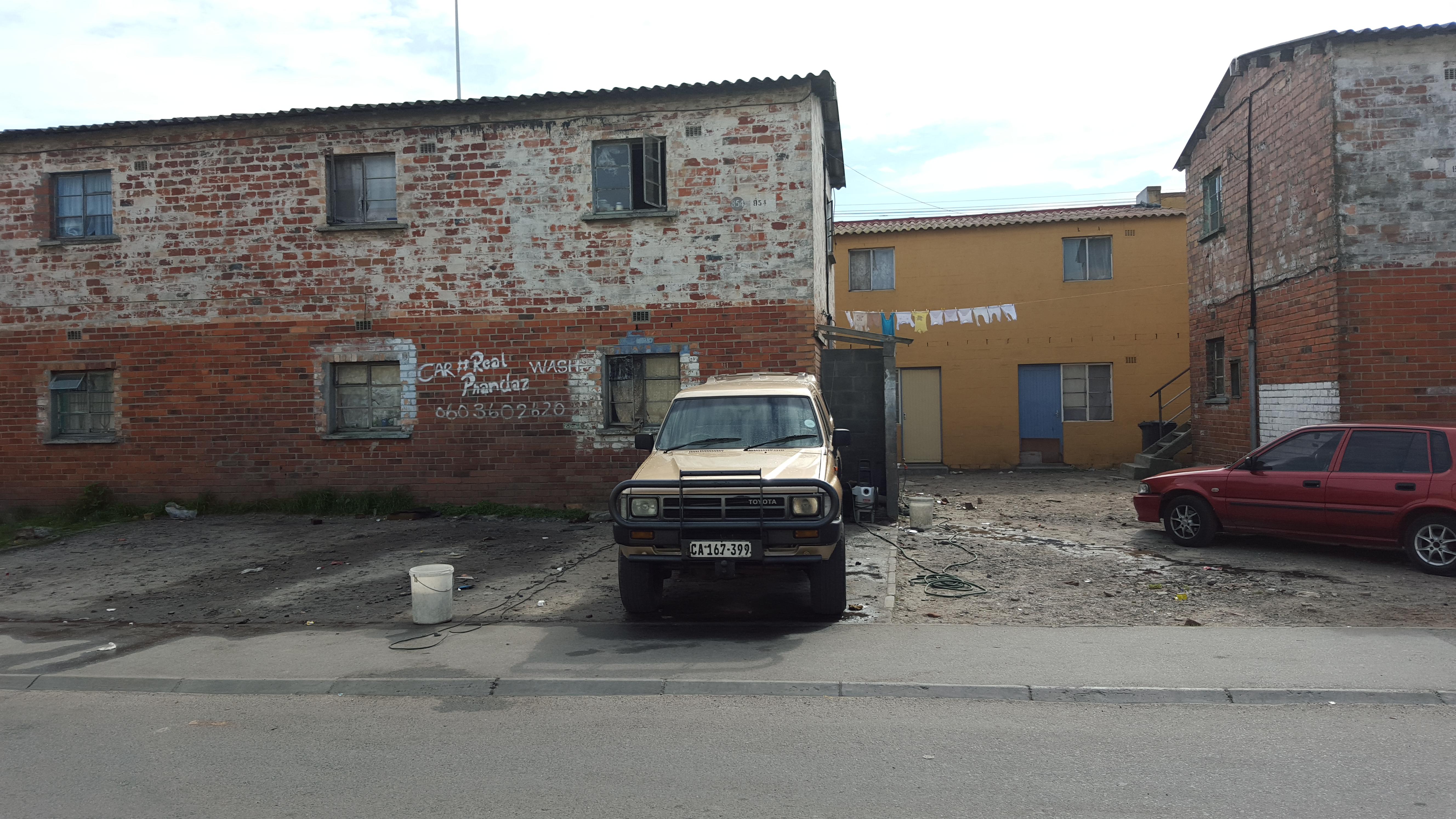
Some sell sheep heads, still considered a delicacy in these parts. A throwback to when only the rich ate them as they were able to own sheep and not just buy cuts of it.
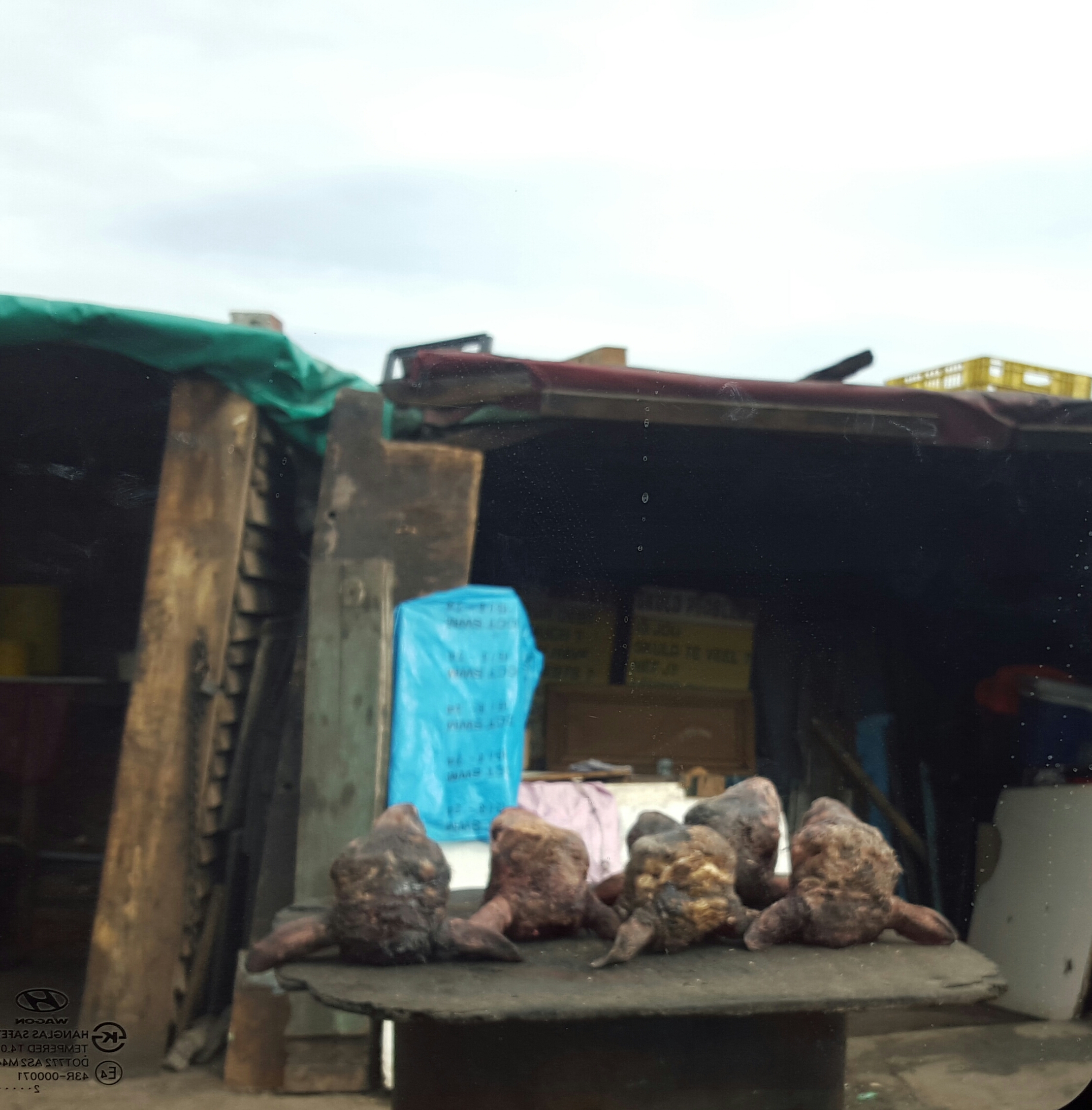
We head across the road to a "coloured" community as opposed to the black one of Langa. The 4 classifications of race defined by apartheid are still commonly used in South Africa. This community has fewer shacks and seems more affluent. It apparently has a larger crime problem, mainly associated with drugs, however.
We drive past Mzoli's, which can only be described as an institution. It started as a small butcher, but the addition of a place to braai your purchased meat, drink a beer and listen to some music seemed to be the exact formula for success. Mzoli's attracts huge crowds, both local and tourist, especially Friday-Sunday. It's about 11am on a Wednesday when we cruise past, so all is quiet. We spot the owners' new Mercedes parked out the front. Another massive juxtaposition against the makeshift establishment in the makeshift community. Apparently he still lives in Langa though, such is his pride and dedication to his community.
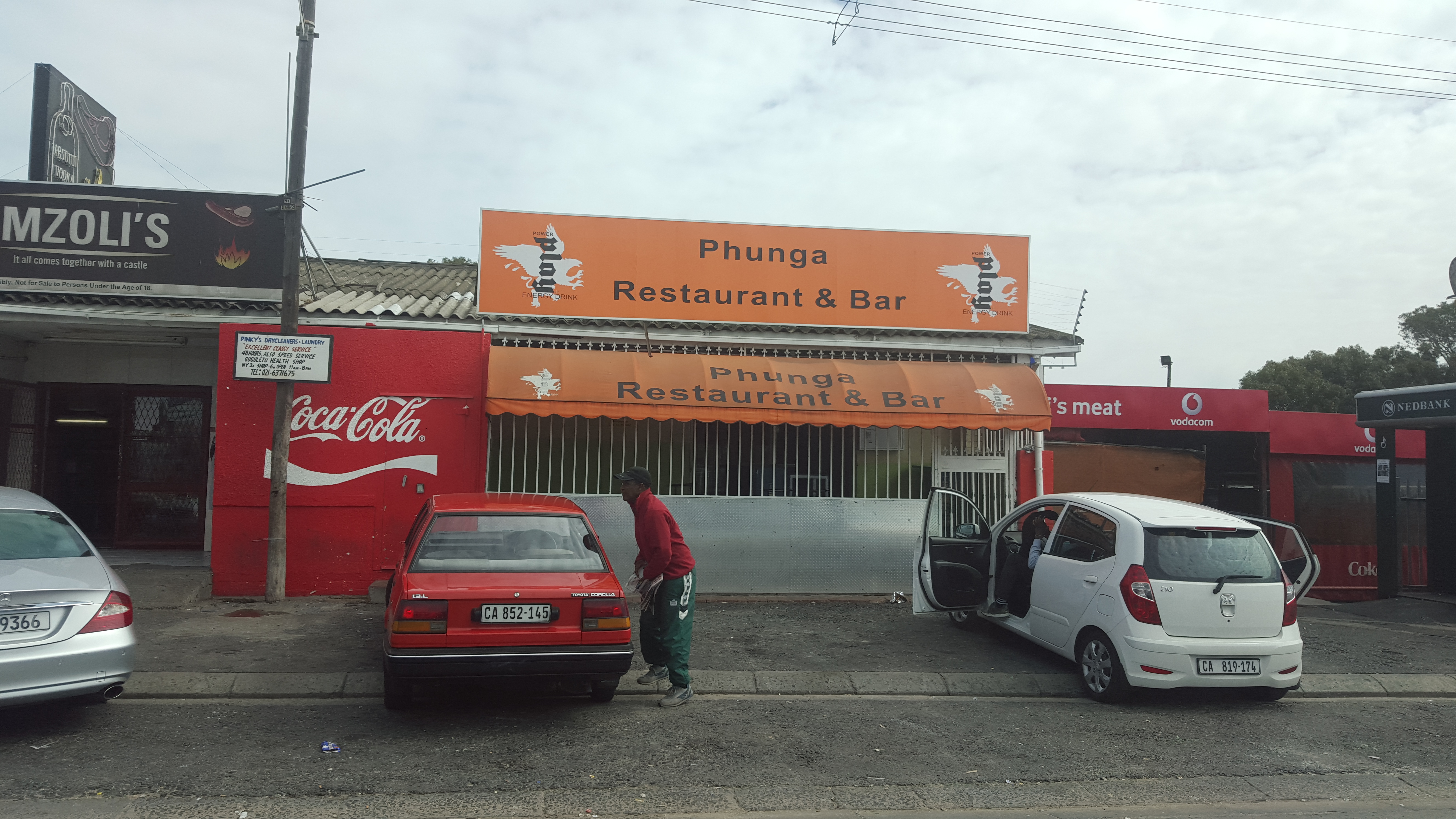
Our eyes officially opened, we head back to the city which has a slightly different feel for us now we know "how the other half live".
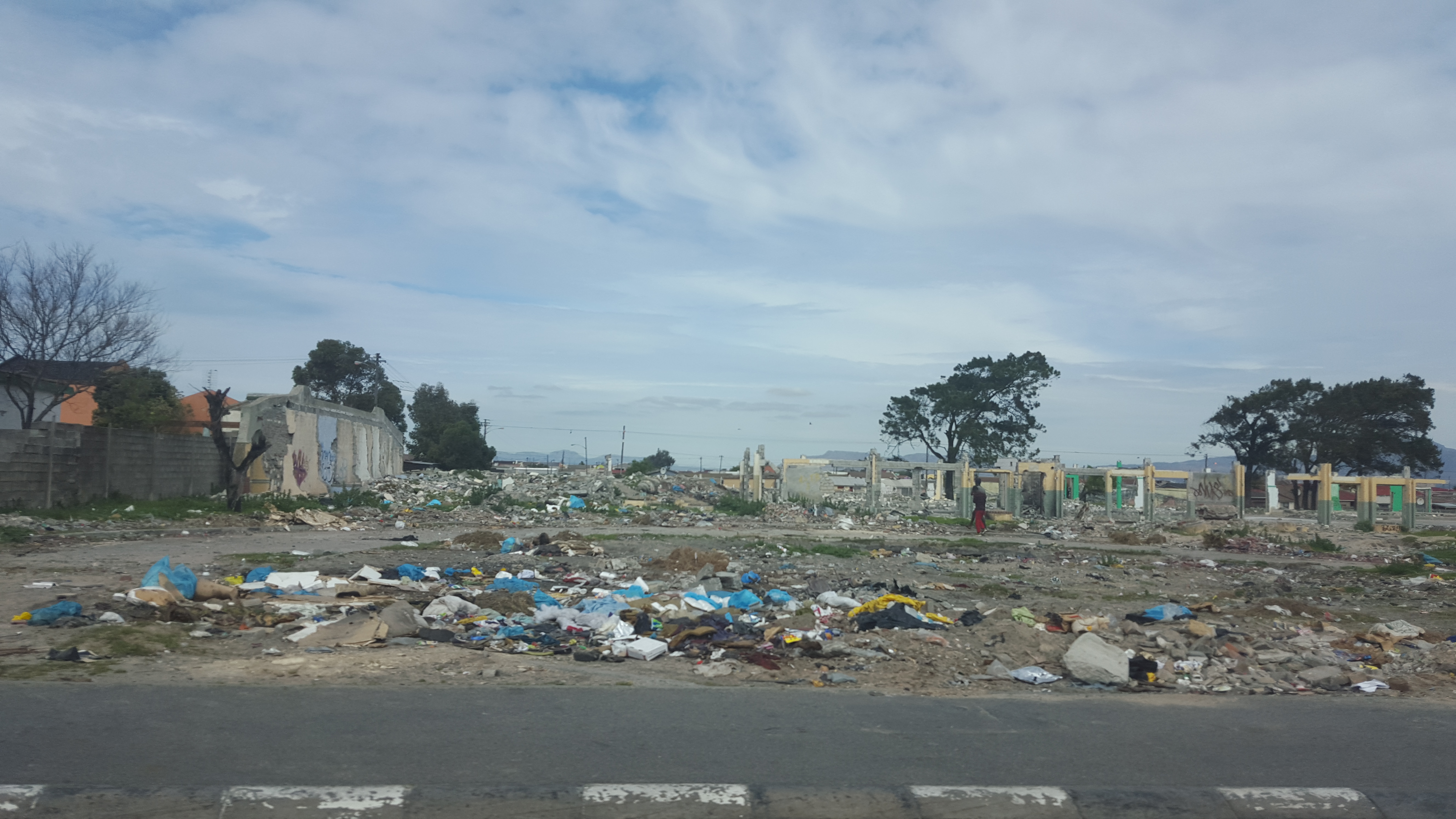
We are dropped at the waterfront and have a quick bite. After lunch we stop to admire some fur seals which have come ashore on the waterfront to sun themselves. They are very cute, very snoozy and very stinky.
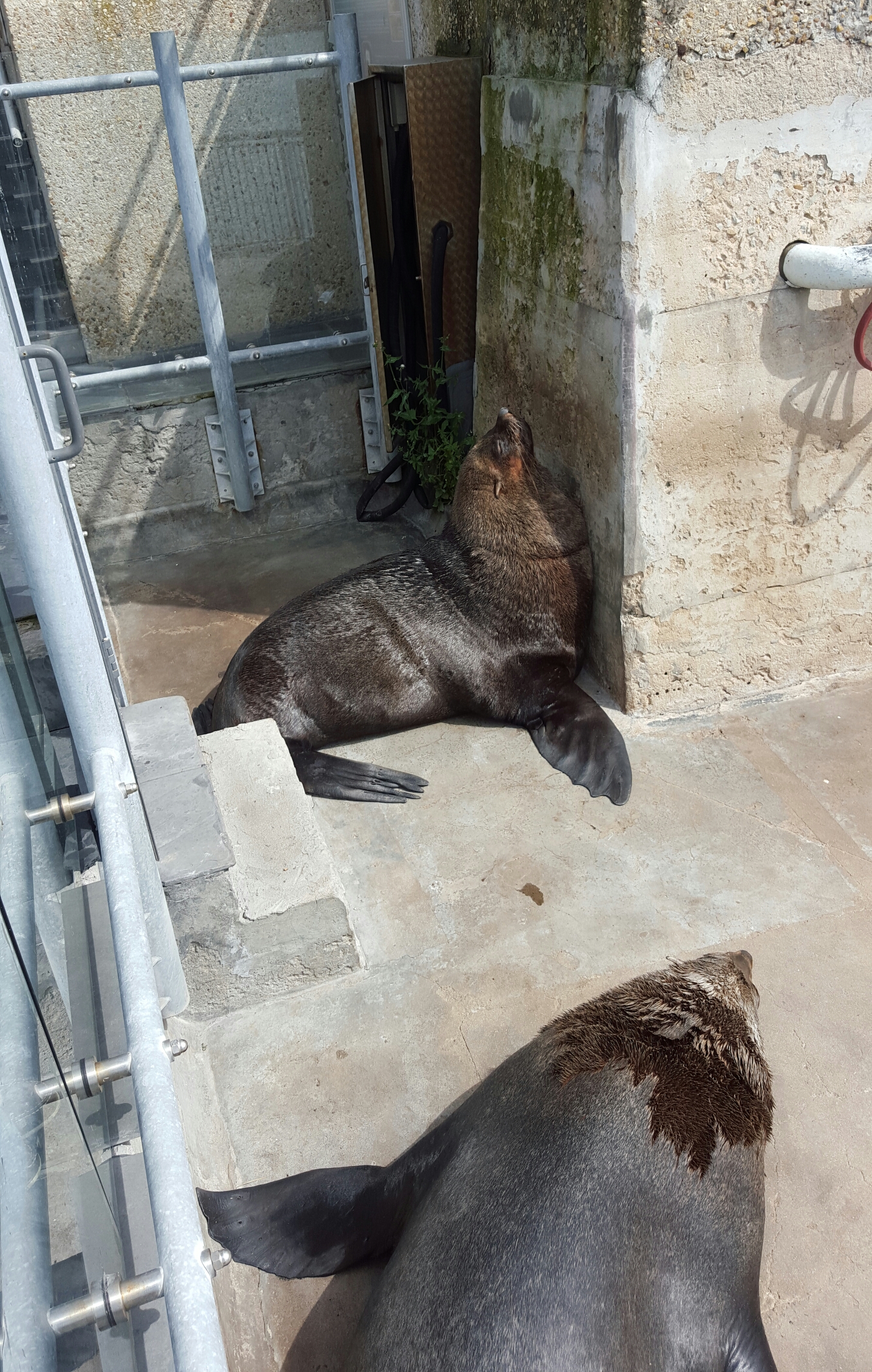
We line up for the ferry which will take us to Robben Island. Robben Island is where Nelson Mandela served 18 years as a political prisoner. We get there early as we're told the ferry leaves 1pm sharp. We don't take off until closer to 1:30pm. The ferry ride takes about 45 minutes and once we hit the island, we're ushered onto buses. Our ticket says 4pm for the trip back. We have a guide on the bus and she starts speaking into a microphone. We have a lot of trouble understanding her due her accent and her close proximity to the mic.
We ride around for a short while, stopping a couple of times for explanations about sites, which we can't hear. We're not able to get off the bus at the sites, which is also bit of a bummer.
We stop off at a snack shop, we're not really sure why as the tour has only been going for about 20 mins. We hop back on the bus and are finally allowed off for a guided walking tour of the actual prison, led by an ex-prisoner. Now we're talking. Our hope is short lived, however.
We struggle even more to understand this guy's accent. He takes us through the cell blocks, one of which was Nelson Mandela's. It's about all we are able to to take in, that and 'the long walk to freedom! '. From what we can glean, our guide appeared to be preaching and praising, as opposed to to actually providing any real detail about Nelson Mandela's story and the apartheid era. It's quite disappointing and wouldn't recommend visiting the island if you are looking to learn more about this time in South African history. Maybe we should have brushed up a bit on our history before embarking.
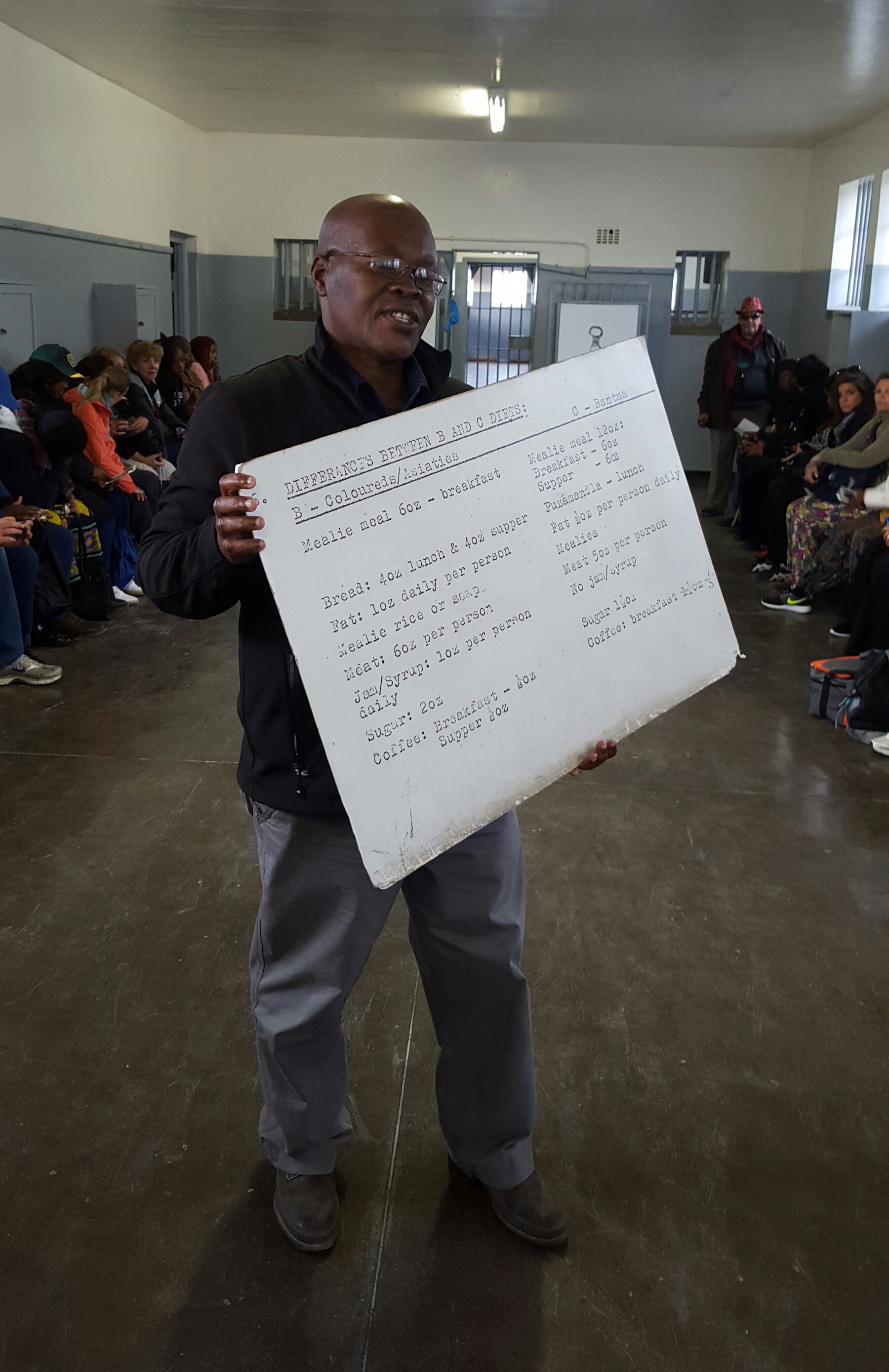
We hop back on the ferry, it's quite the bumpy ride. Courts is certain the boat almost capsized at one point. We trek it home for a quiet night in with wine and cheese purchased a few days ago. Stinky, stinky blue cheese, yum (gross).
